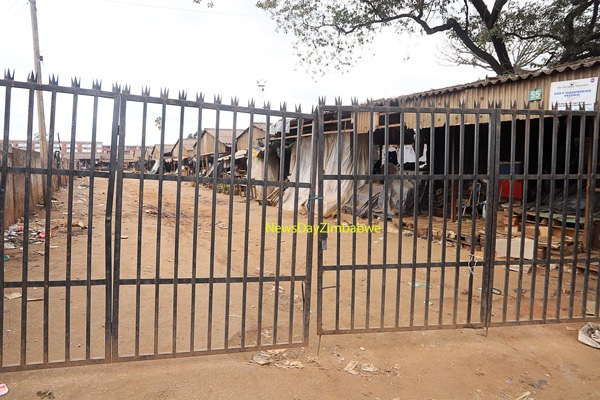
While reopening the economy after weeks of total lockdown recently, President Emmerson Mnangagwa announced a raft of public health measures meant to slow down the spread of coronavirus, but allowing the country’s faltering economy to resuscitate.
NewsDay Comment
As a result, the wearing of face masks at public spaces became mandatory. Other measures such as regular sanitising of hands and social distancing were to remain in place.
To avoid the possible shortage of personal protective equipment (PPE) such as face masks or prohibitive costs, the government allowed home-made versions to be used as well.
Unfortunately, PPE such as face masks and gloves become contaminated once they are used and they should not be disposed of carelessly, especially on streets, alleys, parking lots, where they could end up in wrong hands or harming the environment. Innocent children are at risk of contracting the deadly virus if they get into contact with such contaminated masks or gloves.
Such reckless disposal of PPE can put council employees, who are responsible for waste collection at risk.
While the refuse collectors are part of the essential service providers, the government is duty bound to protect them. Because the pathogen-causing COVID-19 can survive for hours or even days on different surfaces, observing an appropriate disposal protocol is crucial.
It seems the government rushed to make the wearing of face masks mandatory without a clear plan of how such material would be disposed. Since they would be contaminated, Zimbabwe should have a national strategy on how to dispose of the protective gloves and masks after use.
- Chamisa under fire over US$120K donation
- Mavhunga puts DeMbare into Chibuku quarterfinals
- Pension funds bet on Cabora Bassa oilfields
- Councils defy govt fire tender directive
Keep Reading
There is now urgent need for government, local authorities, non-governmental organisations and even private institutions to come up with national disposable bins which are placed at public places, which should be taken directly to incinerators on a daily basis to prevent further spread of the virus.
Waste collectors will be most vulnerable to the infection as they deal directly with waste, so there is need to automate the process of collecting the disposable masks, gloves and other PPE that are combustible.
In Zimbabwe, the majority of our clinics and hospitals have incinerators and use incineration to destroy their medical waste. Incineration has been the main method for disposing of a wide range of combustible materials that constitute biomedical waste, because it can significantly reduce the volume of waste material and it can destroy organic matter.
The burden of disposing of the masks and gloves should not be left to the government alone. Everyone should put their hands on the deck.
This disease is with us and needs collective solutions at each and every stage.











